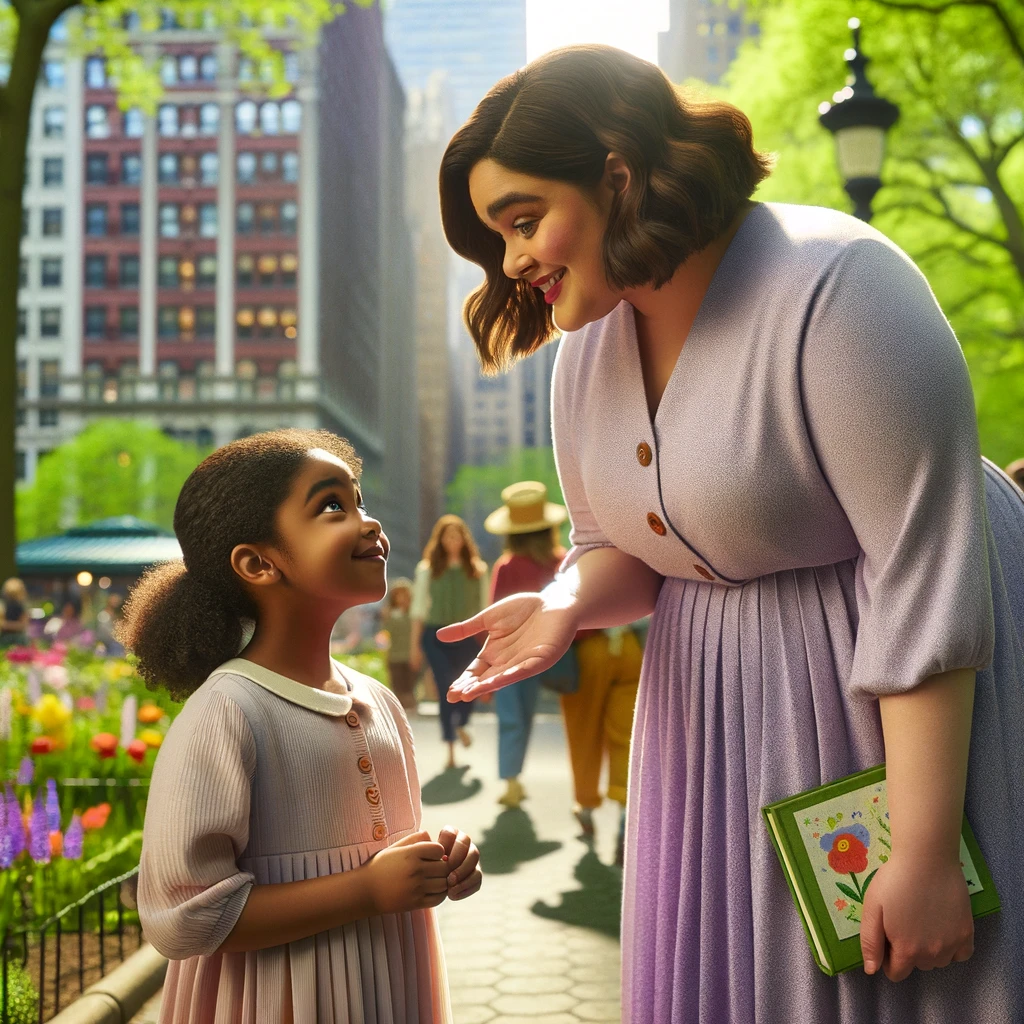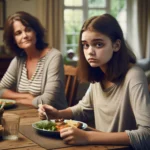Love and shame: exploring my most difficult emotions
... when I feel at ease with myself, that’s when I connect most with others

Love and shame: exploring my most difficult emotions
In learning to recognise my needs and have them met, I’ve also learnt more about emotions and their role in my life.
A decade ago, when I was about 40 years old, a four-year-old asked why I was so fat. It was one of those moments when something shifted. If someone were to ask that question today, I would tell them it’s because of the years I spent yo-yo dieting, trying to conform to a shape and size that was deemed acceptable by society, but was unrealistic for me because of my genetics (i.e., science). If the situation allowed, I would explain that, in my opinion, the diet industry is unethical and amoral because it profits off the insecurities of people and sells them unrealistic expectations (my definition of ‘diet industry’ is anyone who makes money from convincing vulnerable people they need to lose weight, especially when ‘before and after’ images are utilised in the marketing of a product or service).
To clarify, I don’t believe all people working in the diet industry are unethical or amoral. Many people working in the industry care deeply about others and want to help them build their confidence and self-esteem. My issue comes from the belief that to be confident and have good self-esteem, one needs to feel good about their appearance. Unfortunately, feeling good about how one looks seems to translate to being a certain weight or clothing size.
Discovering the truth about diets
My answer to the four-year-old that day was, “I don’t know.” By then, I had reached a point where I was starting to recognise that dieting wasn’t working for me. I was still a few years away from learning I had an eating disorder and from understanding and accepting the truth about dieting. The truth is, 95 per cent of diets fail; most people regain any weight they lost plus an extra 1-3kgs. For me, the average gain was about 2kg each time I tried and failed to lose weight by going on a diet. Having ‘tried’ about 20 different ways to lose weight, suddenly I found myself 40kgs ‘overweight’. This didn’t happen overnight; it happened over decades.
But how? Two words, one big question.
Let me count the ways: fanatical/excessive exercise, giving up sugar, cutting out carbs, eating low-fat, caveman eating, 12-week challenges, cleansing, counting (e.g., calories, points, almonds), weighing foods/portion control, intermittent fasting, eating once a day, taking pills, shakes, ready-made meals delivered to my door, doing it for God, juicing, no takeaway, boot camp, vibration machines, eating clean….
Up and down, around and around, so much time, energy and cost. Then, one day, I tried to diet again but couldn’t. The will to try was gone. All that time, all that energy, for what?
Why can’t I control myself?
Attempting to lose weight gave me something to do and focus on. Eating disorders are often a way for a person who feels they have no control over anything to control something.
I got to decide whether to eat or not, what to eat, how much to eat. The eating disorder provided rules and some order to a world that otherwise felt unordered. This would continue until my body decided it needed to eat, and suddenly, I would feel exhausted. I would have eaten so much that I could barely move; even trying to sleep felt impossible. The explanation was that my body needed food because it was starving, but I felt like a failure because I couldn’t control myself. I felt useless, worthless, disgusting, unlovable, ashamed, and defeated. I wondered, “Why can’t I control myself?”
I believe that when the student is ready to replace self-harming coping skills with self-loving coping tools, the teacher appears. I have learnt to be open to those teachers, regardless of their form. Dialectical Behavioural Therapy (DBT) has been one such teacher. Learning to feel all emotions, even the difficult ones, and accept that all emotions are valid AND have a purpose in my life has been significant.
As part of my therapy, I participated in a DBT skills group where I learnt and practised a range of skills, from recognising and naming emotions to finding acceptance and peace with them, as well as how to respond to them. Part of the work of DBT is doing ‘homework’ designed to allow participants to practice the lessons learned in the group in real life. When I first started DBT, I did the homework because I deemed it an expectation, something that would reflect poorly on me if I didn’t complete it, or, more accurately, something that I would be praised for if I did complete it.
Avoidance ‘kicks the can down the road’
As I moved through the modules, I struggled to complete some homework exercises. Sometimes, I didn’t do them; they seemed too hard, or life got in the way. I had many excuses. When I didn’t do the homework, I didn’t ‘get into trouble’ as I expected, nor did I ‘get away’ with it as I often ‘hoped’. There would usually be a gentle nudge to reflect on what got in the way. What happened that I couldn’t find the time to face the task? It was usually fear of feeling an uncomfortable feeling. Pesky, uncomfortable feelings!
I have learnt that avoidance, something I utilised often throughout my formative years, ‘kicks the can down the road’. The feelings would wait for me to catch up. I still had to feel them at some point. I learned that when I let the feelings wait for me to catch up, they fester and grow into something much bigger and far more unpleasant.
One of the great joys for me during DBT was my discovery that doing the homework was something I was doing for me rather than for the facilitator. It didn’t affect her life if I didn’t do the work, but it would usually affect mine. There was a freedom in realising I was no longer seeking validation for my actions. Instead, I was learning about the strength and courage I have that allows me to grow as an emotional being. Instead of relying on outside forces to validate me, I was beginning to validate myself. I realised during this time that the two emotions I struggled with the most were love and shame.
Learning about ‘shame’ and ‘guilt’
Shame is an emotion that I struggle to rationalise. Only when I sought inpatient treatment for my eating disorder did I discover that shame and guilt are two different emotions. The most surprising revelation was to understand that all those years I thought I’d felt guilty, I was experiencing shame. Throughout my years in different churches, I was taught to feel guilty. The term ‘Catholic guilt’ is not something I invented. The ‘non-denominational’ Christian church I attended taught me to feel guilty because Jesus died for me. I acknowledge those were not their exact words, but this was the implication I took from the Bible studies I was involved in.
I’ve come to learn that guilt can be good. It can help me identify when I have done something to hurt someone that I need to apologise for and consider how to modify my behaviour. Shame is not something I accept so easily as having value in my life. The best way to define guilt and shame is this:
- Guilt means ‘I did something bad’, but I can return from that by apologising and/or changing my behaviour.
- Shame implies ‘I am bad’, and that’s extremely difficult to come back from.
Learning to love myself
“Love” has taken on a new meaning, too. Many song lyrics come to mind, competing for attention, and many movies and books are love stories, often romantic love. Is it just me, or is love often depicted as the ‘holy grail’ of emotions? It seems if you can ‘find’ love, especially your ‘one true love’, pop culture would have you believe you’ve achieved the most remarkable feat in the human experience. Conversely, if you don’t ‘find’ love, it can trigger feelings of unworthiness and hopelessness and make your worth questionable.
I hear the word love used so widely that I wonder if it has the ‘power’ so widely lauded. I often wonder if it’s just in the English language that one word has such a broad scope: ‘I love chocolate’, ‘I love babies’, ‘I love the smell of fresh cut grass’, ‘I love springtime’, ‘I love my job’, ‘I love you’. Just like the word ‘recovery’ when talking about overcoming an eating disorder, love can feel challenging to define and out of reach for those of us who struggle to understand its meaning or who don’t often fit the stereotype of someone or something deemed worthy of being loved.
A favourite song when growing up was The Greatest Love of All, a smash hit for Whitney Houston in 1986. I played that song over and over and over again; I knew the words by heart and mostly still do. Yet, it’s a message that I never thought much about until I began the work of recovery. Some of the lyrics don’t ring true to me, but I agree with the sentiment that ‘learning to love yourself is the greatest love of all’ (only I would tweak it to ‘learning to value yourself is the greatest love of all’. Learning to value myself is the most significant thing I have done for myself and those who mean the most to me.
Moving beyond ‘survival’ to ‘self-care’
I have termed these years of my life, years where I sought acceptance and belonging but denied my true self, the ‘survival years’. I now recognise when I’m regressing into survival mode. I become anxious about money and believe that I don’t deserve to have good things happen to me or for me. I retreat into myself, and my mindset returns to thoughts of relying solely on myself. It’s a place where I cannot trust others and let them in. I sleep a lot, motivation is difficult to find, and I eat because I know I need to, not because I want to. I’ve made progress, though. I eat my three meals and three snacks, no matter how robotically and, instead of binging, I allow myself to rest.
I am learning to recognise sooner when I feel low and unmotivated. I have developed flexibility in my thinking, enabling me to take time for self-care when I find myself in survival mode.
When I find the energy and courage to let these problematic feelings in I invariably realise I am avoiding something uncomfortable and am trying to control the uncontrollable. I know that my relationship with myself is the one I need to nurture and that when I feel at ease with myself, that’s when I connect most with others.





